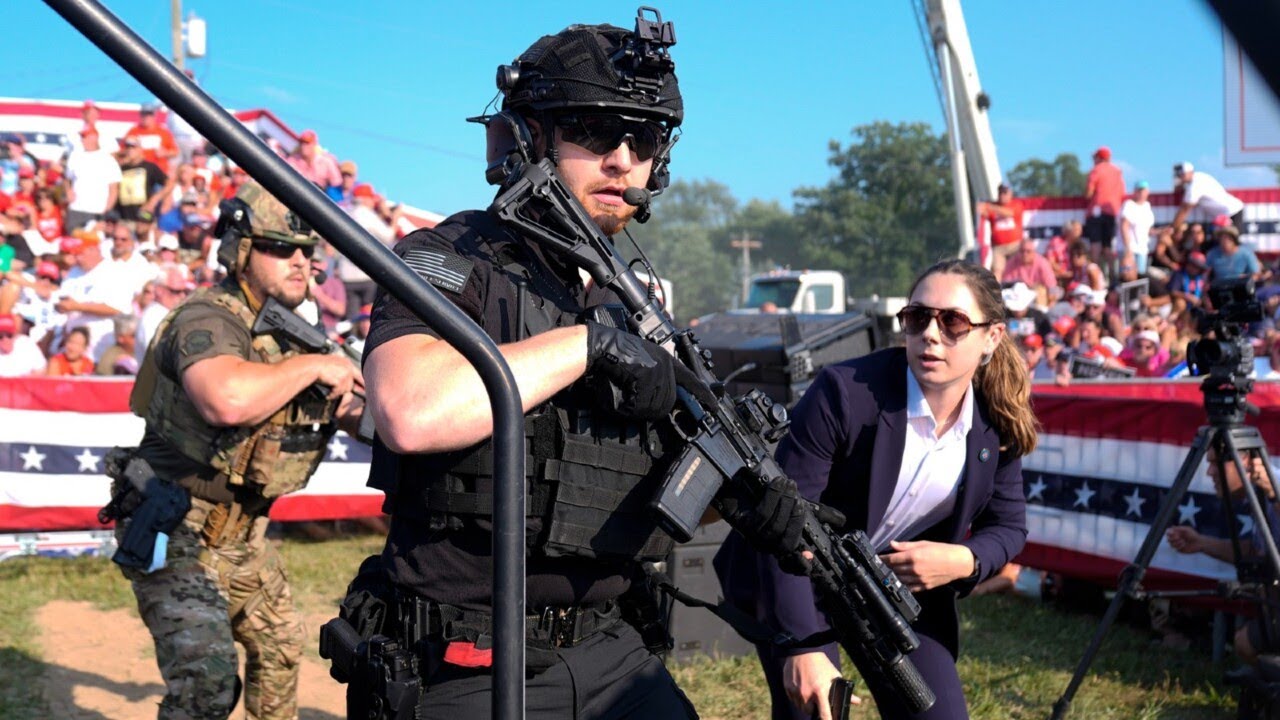In a plot twist that adds another layer of intrigue to the already intense political drama surrounding President Trump, new reports reveal that the U.S. Secret Service repeatedly denied requests for additional security made by Trump’s team in the two years leading up to the assassination attempt on July 13 in Butler, Pennsylvania.
According to The Washington Post, top officials at the Secret Service turned down multiple written requests from Trump’s security detail, who had asked for magnetometers and additional personnel to screen attendees at large gatherings, including rallies. They also sought extra snipers and emergency response teams for outdoor events, hoping to bolster safety measures. These denials have sparked long-standing tensions between Trump’s aides and Secret Service leadership.
Imagine this: Trump’s security team, anticipating potential threats, repeatedly knocks on the Secret Service’s door, only to be told there aren’t enough resources or staff. It’s like trying to get your favorite band to come back for an encore, but the stage manager says they’ve run out of instruments. The rejections, which were not previously publicized, have led to friction, with Trump’s advisers privately worrying that the agency wasn’t doing enough to protect him.
On the morning of July 14, less than 12 hours after the harrowing assassination attempt, Secret Service spokesman Anthony Guglielmi tweeted a firm denial, stating, “There’s an untrue assertion that a member of the former President’s team requested additional security resources & that those were rebuffed. This is absolutely false.” He emphasized that protective resources and technology had been added to match President Trump’s increased campaign travel.
However, the plot thickens. After further inquiries, the Secret Service acknowledged that some requests might indeed have been made by Trump’s security team and subsequently denied. This admission has prompted an internal probe into the matter, turning the spotlight on Secret Service Director Kimberly Cheatle. Several lawmakers have called for Cheatle’s resignation, citing concerns over the agency’s preparedness and resource allocation.
The Secret Service, already stretched thin, has been juggling security details for more than two dozen individuals and events. The weekend of the Butler rally saw the agency dispatching counter-sniper teams and hundreds of agents to the Republican National Convention and an event for First Lady Jill Biden. Additionally, preparations were underway for Joe Biden’s trip to Austin.
One notable example of a denied request involved Trump’s massive rally in Pickens, South Carolina. Given the venue’s surroundings, including commercial and residential buildings, Trump’s team asked for additional counter-snipers on rooftops—only to be turned down.
Sources familiar with these denials paint a picture of an agency grappling with supply and demand issues. As Bill Gage, a Secret Service veteran, put it, “A director has to finally come forward to say we are way understaffed and we cannot possibly continue with this zero-fail mission without a significantly bigger budget.”


Leave a Comment